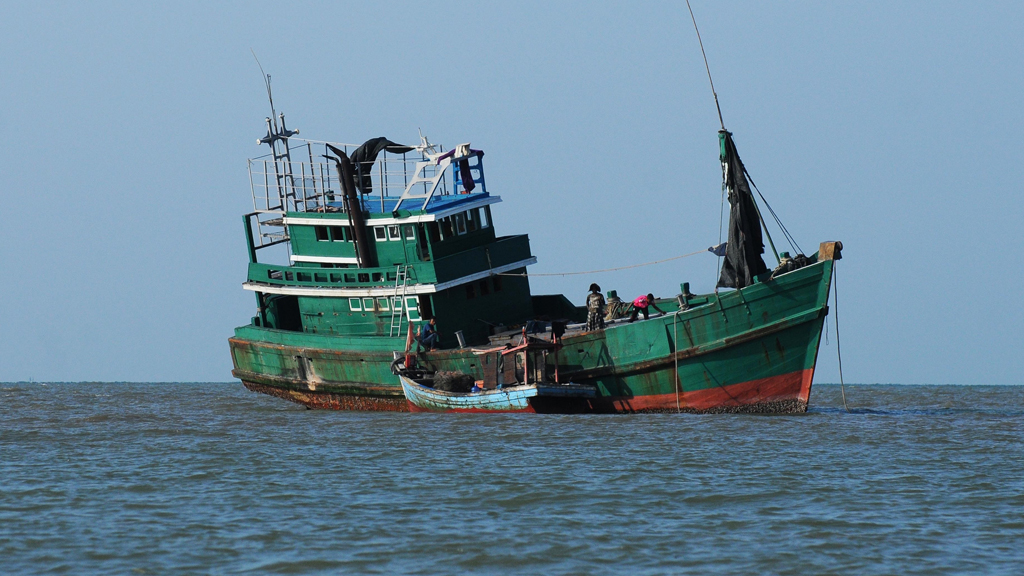Rohingya will not be saved by the new 'no push-back' policy
As odious as the business of smuggling people across the Andaman Sea is, the traffickers and the “boat people” fleeing Burma and Bangladesh share a common cause.
Yesterday afternoon the foreign ministers of Malaysia and Indonesia marched into a conference hall with an important message. They told the world they were prepared to reverse their controversial policy of “pushing back” the boats on the Andaman Sea.
For activists and NGOs, worried about an estimated 6,000 to 15,000 migrants now thought to be adrift, it felt like a pretty significant moment – and it was made sweeter this morning when the government of Thailand said it too, was prepared to follow suit.
For the past few weeks, naval units from all three countries have been towing vessels packed with desperate refugees back out into international waters. The majority of those on board are thought to be persecuted Muslims from Burma called the Rohingya, along with migrants from Bangladesh fleeing grinding poverty.
In an attempt to deflect mounting international criticism, Malaysia, Indonesia and Thailand had another proposal up their sleeve. They said they would provide temporary shelter to up to 7,000 of these modern-day boat people. The offer does comes with a hefty caveat, however – the international community have to resettle the migrants somewhere else within one year.
Abandoned boat that carried Rohingya migrants found off Thai coast (Getty Images)
However, if this all feels like the problem has been solved, then think again. What these countries are not prepared to do is to go out to sea, find the migrants and then bring them back to shore. Instead the new “no push-back” policy reads like the resumption of the long-time “hands-off” policy, leaving people smugglers and human traffickers at liberty to move tens of thousands of people every year.
When the media filmed what has become known as the “green boat” last week off the Thai coast, it had been abandoned by its captain and crew. They ditched the craft because the feared arrest by the Thailand’s police – but if the people who run this racket do not have to worry about being intercepted by the authorities, there is little incentive to stop.
Perhaps more importantly, the people who pay to be on these boats – for the most part Rohingya – do not want “temporary shelter” in a rudimentary Indonesian camp or a squalid detention centre in Thailand. The reason most Rohingya make this horrific is journey is to find work – and the rest of their family members who have already made the trip to Malaysia, a country that has been unofficially accepting Burmese Muslims for years.
As odious as this business is, then, the migrants and the traffickers have common cause and until conditions improve back in Burma and Bangladesh, many more will board the traffickers’ boats on the Andaman Sea.
Follow @c4sparks on Twitter
